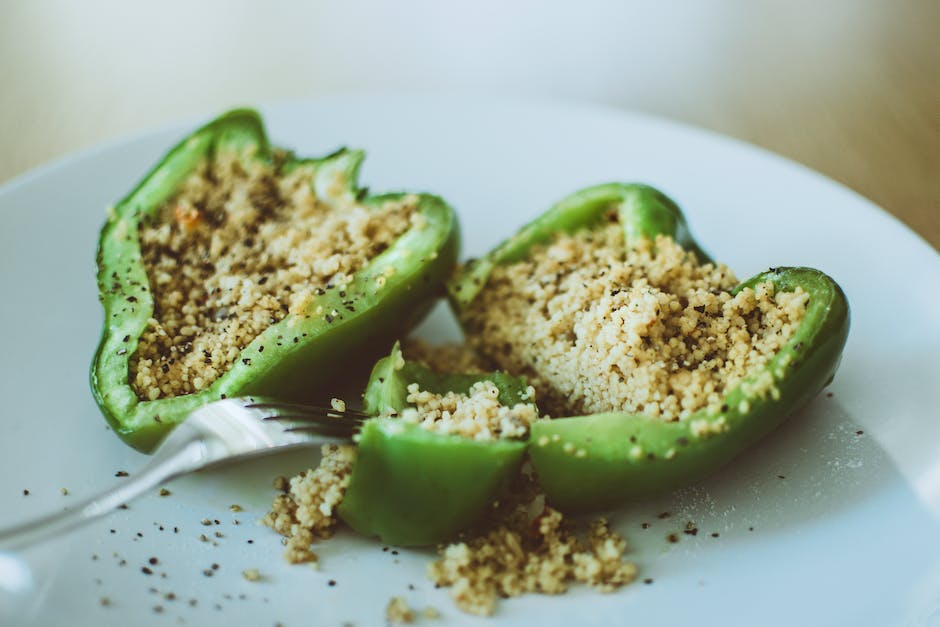Is Couscous Healthy? Unveiling the Nutritional Truths
Couscous, a staple in North African cuisine, has become a popular dish worldwide. Its versatility and quick preparation time have made it a favorite among health-conscious individuals and those with busy lifestyles. But is couscous truly a healthy choice? In this comprehensive guide, we’ll delve into the nutritional profile of couscous, compare it with other grains, and answer the most searched questions about its health benefits. Prepare to discover whether couscous deserves a place in your balanced diet.
What is Couscous?
The Origins and Types of Couscous
Couscous is a type of pasta made from semolina flour, which is derived from durum wheat. It’s traditionally served in North African countries as a base for meat and vegetable stews. There are several types of couscous, including the fine-grained Moroccan variety, the medium-sized Israeli couscous (also known as pearl couscous), and the larger Lebanese couscous.
How Couscous is Made
The process of making couscous involves combining semolina with water to form small granules. These granules are then steamed until they become fluffy and light. Couscous is often mistaken for a grain, but it’s actually a pasta with a grain-like appearance.
Nutritional Profile of Couscous
Macronutrients and Calories
A 1-cup serving of cooked couscous contains approximately:
- Calories: 176
- Protein: 6 grams
- Carbohydrates: 36 grams
- Fiber: 2 grams
- Fat: 0.25 grams
Vitamins and Minerals
Couscous is also a source of essential vitamins and minerals, including:
- Thiamin (Vitamin B1)
- Niacin (Vitamin B3)
- Folate (Vitamin B9)
- Selenium
- Manganese
Is Couscous Healthier Than Other Grains?
Comparing Couscous to Quinoa and Brown Rice
When it comes to choosing healthy grains, couscous is often compared to quinoa and brown rice. Quinoa is a complete protein and rich in fiber, while brown rice is known for its high fiber content and lower glycemic index. Couscous, although not as nutrient-dense as quinoa or as high in fiber as brown rice, still offers a decent amount of protein and essential nutrients.
The Glycemic Index of Couscous
Couscous has a moderate glycemic index (GI), which means it can cause a quicker rise in blood sugar levels compared to grains with a lower GI. This is an important consideration for individuals managing blood sugar levels.
Health Benefits of Couscous
Aiding in Weight Management
Due to its low-fat content and moderate calorie count, couscous can be a good addition to a weight management plan. Its protein content can also help in maintaining muscle mass during weight loss.
Supporting Digestive Health
While not as high in fiber as other grains, the fiber present in couscous can still contribute to digestive health by promoting regular bowel movements and preventing constipation.
Commonly Asked Questions About Couscous
Is Couscous Gluten-Free?
No, couscous is not gluten-free as it is made from semolina flour, which comes from durum wheat. Those with celiac disease or gluten sensitivity should avoid couscous and opt for gluten-free alternatives like quinoa or brown rice.
Can Diabetics Eat Couscous?
Diabetics can include couscous in their diet in moderation. However, due to its moderate glycemic index, it should be paired with low-GI foods and lean proteins to balance the meal and prevent spikes in blood sugar levels.
How to Incorporate Couscous into a Healthy Diet
Creative and Nutritious Serving Ideas
- Serve couscous as a side dish with lean proteins like chicken or fish.
- Use it as a base for colorful vegetable salads.
- Mix it with herbs and spices for a flavorful and aromatic dish.
Tips for Making Couscous Even Healthier
- Opt for whole wheat couscous for an extra fiber boost.
- Add plenty of vegetables to increase the nutrient content.
- Be mindful of portion sizes to keep calorie intake in check.
Conclusion: The Verdict on Couscous
Couscous can be part of a healthy diet when consumed in moderation and balanced with other nutrient-rich foods. While it may not be as superior in fiber or protein as some other grains, it still provides valuable nutrients and can be a convenient and tasty option for many meals. Remember to consider your dietary needs, such as gluten intolerance or blood sugar management, when deciding if couscous is right for you. With the right approach, couscous can contribute to a diverse and nutritious diet.


